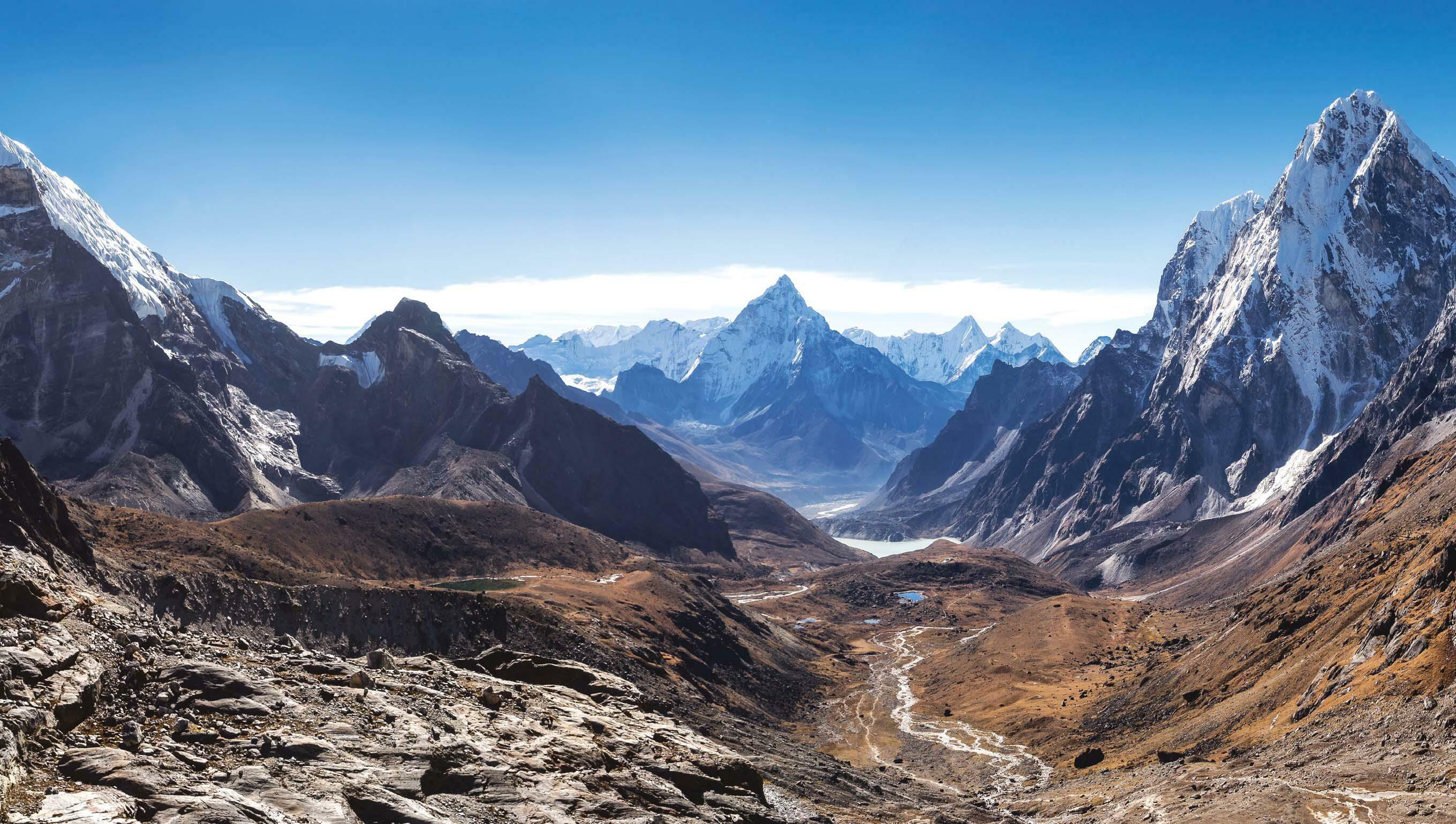INTO THE WILD
Issue 71
|The Week Junior Science+Nature UK
Are you ready to discover the remote places where nature still makes the rules? Peter Gallivan heads off to explore the world's loneliest areas, where animals roam wild and plants grow freely.
-

Life has been swimming, flying, crawling and growing on this planet for more than three billion years. Humans have only been spreading out across the world over the last 200,000 years. Yet in this short stretch of time, people have reached almost every corner. Join us as we go in search of the worlds’ emptiest, wildest areas.
What is a wilderness?
A wilderness is a place that is still untouched by humans. To most scientists, this means not only that no one lives there, but that the habitat is free from human impact – the unique mix of plants and animals that grow there is not influenced by people.
Wildernesses are also zones that people protect to preserve the unique ecosystem (the community of living things and their environment) and keep it wild. Dave Foreman, an environmental scientist, calls them a “self-willed land” – an area where what happens is due to nature alone, and not people.

Where the wild things are
It’s hard to find places with no trace of human activity. It wasn’t always this way of course – a thousand years ago there were only 310 million people on the planet. Today there are more than 8 billion. Scientists estimate that 77% of all land and 87% of the sea has now been changed by human activity. So, where are the world’s last remaining wildernesses?
هذه القصة من طبعة Issue 71 من The Week Junior Science+Nature UK.
اشترك في Magzter GOLD للوصول إلى آلاف القصص المتميزة المنسقة، وأكثر من 9000 مجلة وصحيفة.
هل أنت مشترك بالفعل؟ تسجيل الدخول
المزيد من القصص من The Week Junior Science+Nature UK

The Week Junior Science+Nature UK
FIGHTING THE FREEZE
Claire Karwowski uncovers nature's wildest ways of fighting the winter freeze.
6 mins
Christmas 2025
The Week Junior Science+Nature UK
Cook up bioplastic decorations
Make your own eco-friendly ornaments.
1 min
Christmas 2025

The Week Junior Science+Nature UK
Should we switch off Christmas lights?
They brighten up the festive season, but they can have a negative impact on the environment.
1 mins
Christmas 2025
The Week Junior Science+Nature UK
Three spectacular illuminations
Glow Wild, Wakehurst
1 min
Christmas 2025

The Week Junior Science+Nature UK
THE LAST DAYS OF POMPEII
For the first time, an immersive exhibition about the destruction of the ancient Roman city of Pompeii has opened in London.
1 min
Christmas 2025

The Week Junior Science+Nature UK
Wildlife watch
Jenny Ackland unveils a winter wonderland of natural delights this festive season.
1 mins
Christmas 2025
The Week Junior Science+Nature UK
Make Snow globes
Create the perfect Christmas gift.
1 min
Christmas 2025

The Week Junior Science+Nature UK
Maggie Aderin-Pocock
Meet the scientist \"blasting off into space\" at the Christmas Lectures.
3 mins
Christmas 2025
The Week Junior Science+Nature UK
Make vegan eggnog
Whip up a dairy-free festive winter warmer that is perfect for cold nights.
1 min
Christmas 2025

The Week Junior Science+Nature UK
Octopuses
Meet the colour-changing, shape-shifting, fortune-telling aliens of the seas.
2 mins
Christmas 2025
Listen
Translate
Change font size

